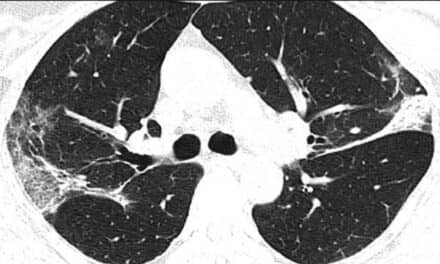An MRI scan combined with a standard biopsy is more likely to detect aggressive prostate cancer than standard biopsy alone, according to a recent study from the New England Journal of Medicine.
The new study was conducted by National Cancer Institute (NCI) researchers including one who is now at the University of Maryland School of Medicine (UMSOM).
“This study demonstrated that using a combination of both types of biopsies leads to more detection of prostate cancers and is less likely to miss aggressive cancers that can spread and kill,” says study co-authorM. Minhaj Siddiqui, MD, FACS, an associate professor of surgery at UMSOM and a collaborating member of the NCI research team. “This is an important finding that will be practice-changing as we see more cancer centers adopting both types of biopsy methods. Those of us who have already adopted this cutting-edge technology can now give physicians and patients alike the confidence that their prostate cancer diagnosis is accurate and that hard-to-diagnose aggressive cancers are not being missed.”
Read more from the University of Maryland and find the study at the New England Journal of Medicine.
Featured image: PC-3 human prostate cancer cells, stained with Coomassie blue, under differencial interference contrast microscope. Image © Heiti Paves, courtesy Dreamstime.com (ID 71915915).






